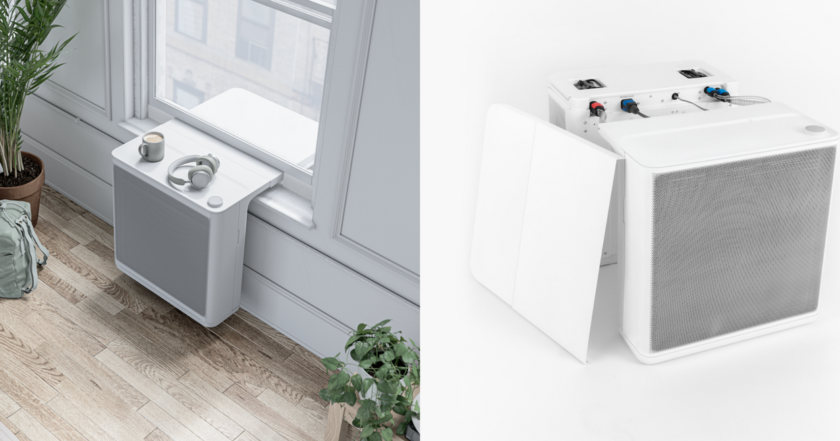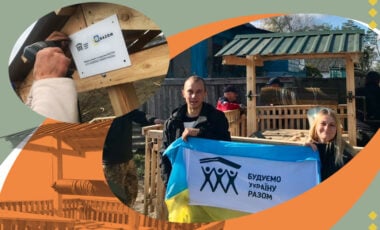Cheap and ecological substitute for gas heating was found in US

New heat pumps do not require extra installation costs, are more environmentally friendly, and can act as a cooler in the summer and an air heater in the winter
What is the problem?
New York City law requires the New York City Housing Authority (NYCHA) to reduce emissions from buildings by 40% by 2030 and by 80% by 2050.
Such emissions are generated due to the use of fossil fuels in winter. In summer, additional environmental damage is caused by air conditioners, which can raise the temperature in the city by several degrees, which is critical in the current climate warming.
What is the solution?
The American HVAC start-up company offered an alternative that was highly praised at the Clean Heat for All competition — the start-up received $70 million to implement the first stage: the production of window heat pumps.
How does it work?
The installation of heat pumps, which run on electricity and pollute the environment much less than their gas-fired counterparts, can play a significant role in achieving ambitious targets for reducing greenhouse gas emissions.
Heat pumps use a refrigerant with a lower boiling point and allow the units to convert cold air into heat in winter. It is a better alternative to central heating for several reasons:
- The new technology does not require the use of fossil fuels. The pump can be connected to a regular 220 Volt outlet.
- The power of the device is greater than the power of the air conditioner, and at the same time, it does not require additional installation costs: the device can be installed on the windowsill.
When will it start working?
The pilot project will last seven years, during which 300,000 devices should be produced. All of them will equip NYCHA-managed housing.
The first heat pumps will appear in houses next fall. Under NYCHA's plan, residents will have one unit in each bedroom and living room of several dozen apartments.
So far, the technology is new and designed for "mild" winters, but the company plans to release the first models for cold climates in 2024.



















































